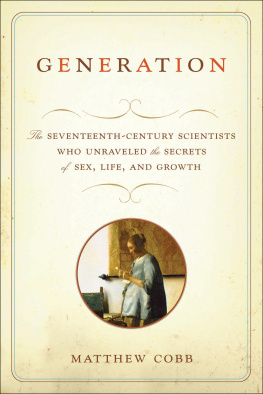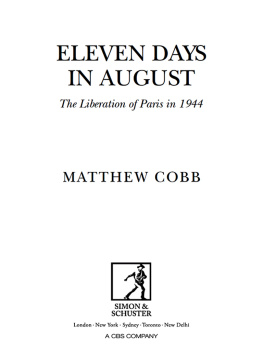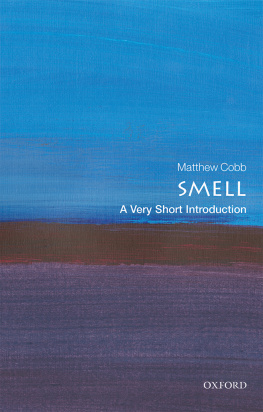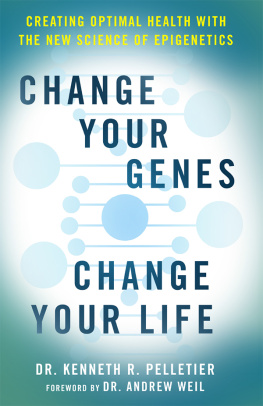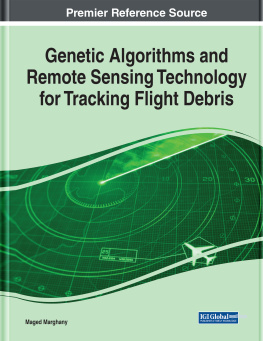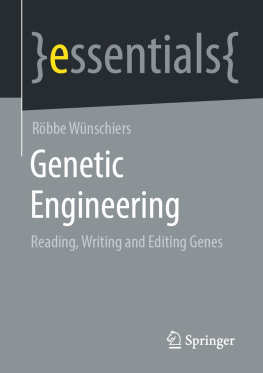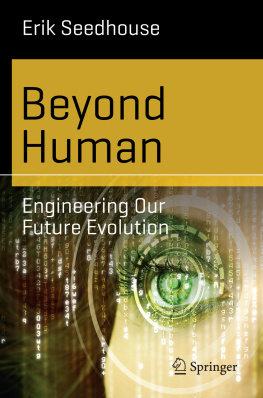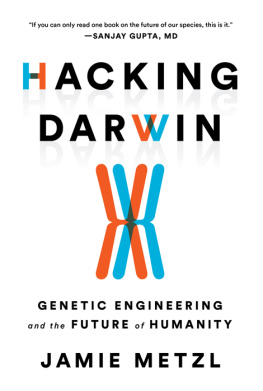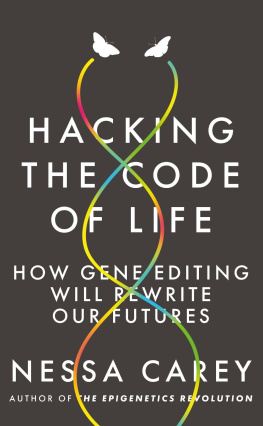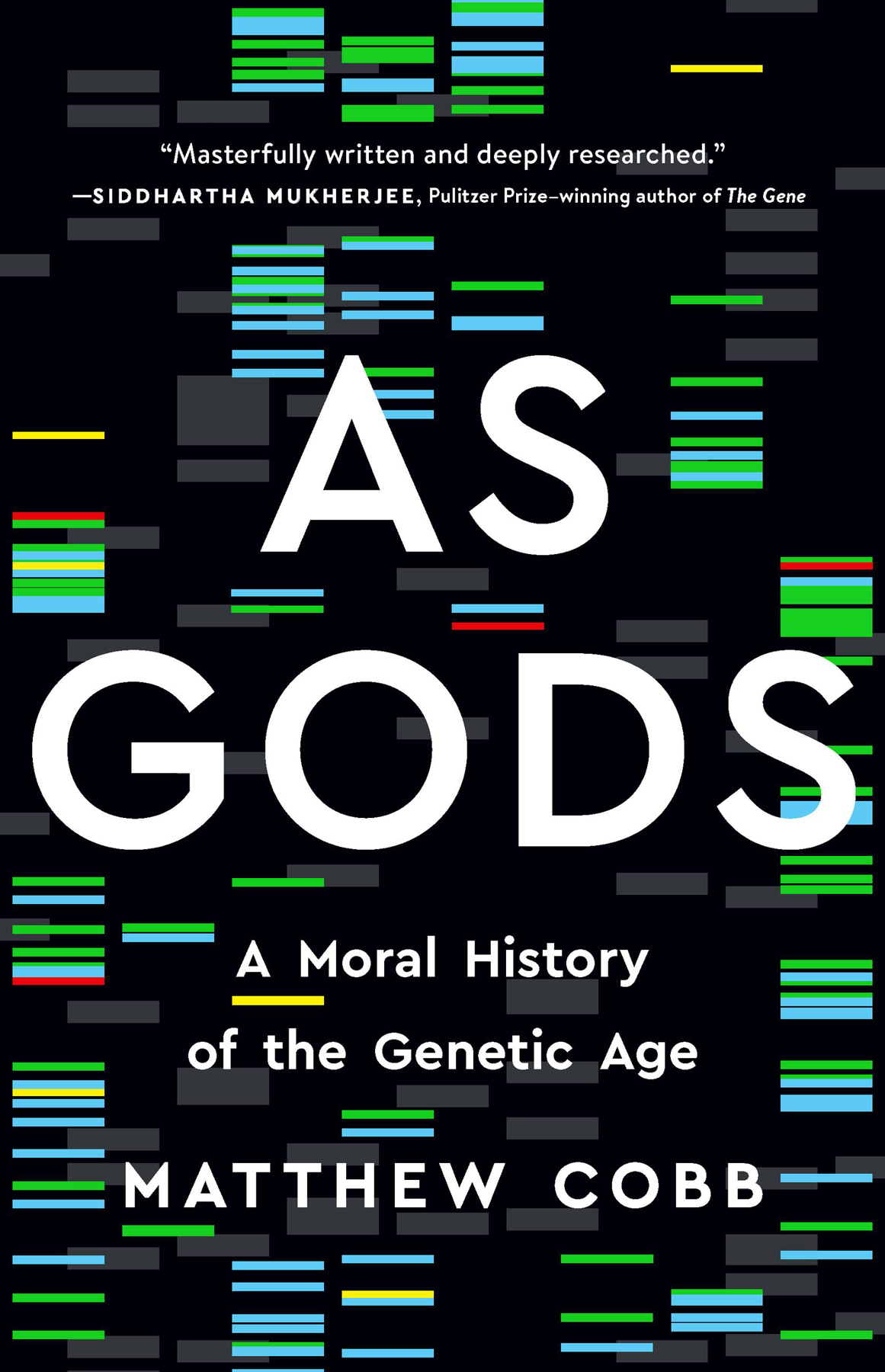Praise for
AS GODS
A gripping, bawdy tale of science fiction morphing into business history. Exhaustively researched and beautifully written, As Gods provides the histories of recombinant DNA, biotech, GMOs, gene therapy, and cloning in a single lively, accessible account.
Nathaniel Comfort, John Hopkins University
A lucid and vigorously insightful account of the pitfalls and triumphs of the twenty-first centurys most ethically challenging and potentially world-changing technology.
Paul McAuley, author of Fairyland
A superb account of genetic engineering in life and culture, in all its myriad anxieties and exhilarations. Should we be scared? Read this book and youll have a sense of the answer.
Adam Roberts, author of Its the End of the World
Powerful gene technologies, long foreseen, are finally with us. Taking the measure of this daunting prospect calls for historical acumen, technical appreciation, and a clear-eyed view of human foibles. As this book attests, Matthew Cobb has all three.
Jon Turney, author of The Rough Guide to the Future
A superb guide to the global history of the dreams, fears, and science of genetic engineering, and why it matters for tomorrow.
Jon Agar, author of Turing and the Universal Machine
Rich, vivid, and well-documented, this is a wonderful introduction to genetic technology with the take-home messagejust because we can doesnt mean we should.
Michel Morange, author of A History of Molecular Biology
Cobb is a great storyteller of science, a tapestry of intriguing and enlightening ideas thoughtfully and entertainingly told.
Robin Ince, author of The Importance of Being Interested
Faced with a new round of genetic dreams and nightmares, Cobb skillfully sifts the truth from the hype in this thrilling and alarming account of our most dangerous and exciting technology.
Paul Mason, author of How to Stop Fascism
Cobbs riveting analysis warns that in a world beset by poverty, inequality, and climate catastrophe, chasing apparently dazzling technofixes is rarely cost effective or morally justified.
Georgina Ferry, author of A Computer Called LEO
The Idea of the Brain: A History
Lifes Greatest Secret: The Race to Crack the Genetic Code
The Egg and Sperm Race: The th-Century Scientists Who Unravelled the Secrets of Sex, Life and Growth
Smell: A Very Short Introduction
The Resistance: The French Fight Against the Nazis
Eleven Days in August: The Liberation of Paris in 1944
Copyright 2022 by Matthew Cobb
Cover design by Ann Kirchner
Cover image Zita / Shutterstock.com
Cover copyright 2022 by Hachette Book Group, Inc.
Hachette Book Group supports the right to free expression and the value of copyright. The purpose of copyright is to encourage writers and artists to produce the creative works that enrich our culture.
The scanning, uploading, and distribution of this book without permission is a theft of the authors intellectual property. If you would like permission to use material from the book (other than for review purposes), please contact permissions@hbgusa.com. Thank you for your support of the authors rights.
Basic Books
Hachette Book Group
1290 Avenue of the Americas, New York, NY 10104
www.basicbooks.com
Originally published in 2022 by Profile Books Ltd. in Great Britain
First US Edition: November 2022
Published by Basic Books, an imprint of Perseus Books, LLC, a subsidiary of Hachette Book Group, Inc. The Basic Books name and logo is a trademark of the Hachette Book Group.
The Hachette Speakers Bureau provides a wide range of authors for speaking events. To find out more, go to www.hachettespeakersbureau.com or call () - 6591 .
The publisher is not responsible for websites (or their content) that are not owned by the publisher.
Library of Congress Control Number: 2022945141
ISBNs: 9781541602854 (hardcover), 9781541602847 (e-book)
E3-20221015-JV-NF-ORI
In memory of my PhD co-supervisor, Barrie Burnet ( 1935 2020 ), Reader in Genetics at the University of Sheffield, and of my University of Manchester colleague, Roger Wood ( 1934 2021 ), who, like me, studied both insect genetics and the history of science.
E ver since the early 1970 s the world has been living through a scientific and technological revolution. New genetic techniques have transformed science, providing profound insights into the whole tree of life and allowing us to investigate a huge range of organisms with astonishing precision. These discoveries have been turned into novel technology with far-reaching implications, putting food in the fields and healing bodies. Vast fortunes have been made as whole sectors of the pharmaceutical industry have been transformed. To give just one example: if you take insulin, it was produced in a genetically engineered microbe.
Built upon dreams, genetic engineering has equally provoked nightmares throughout its history. The impact of the new genetics on popular culture and our global mindset over the last fifty years has mirrored the promises and doubts about nuclear power during the post-war decades. Nuclear physics lost its innocence in the searing white heat of Hiroshima and Nagasaki; genetic engineering has yet to suffer a similar fate but that is not for want of trying from the very beginning, hidden from history, the new science has been used to create terrifying new weapons. The potential for the nightmares to become reality grows with our increasing mastery and our endless appetite for ever more audacious applications.
With every new development there have been promises of new sources of food or medicine, or new cures for diseases, which have been rapidly counterbalanced by fears of plagues, of genetically manipulated humans, or of the inadvertent or deliberate release of dangerous organisms. Genetically modified plants promised to transform agriculture, but opponents feared ecological catastrophe. Neither happened. The genetic dreams and nightmares have tended to recur: the promises are rarely fully realised, the worst fears never come to pass and after a while the whole issue subsides, only to re-emerge a few years later following new discoveries and applications.
This cycle has occurred repeatedly over the last half-century. Now, after a long period in which the technology began to appear commonplace, three recent developments have brought the dreams and nightmares back into our waking lives, providing amazing opportunities and raising the real possibility of catastrophe:
In 2018 we stepped into the brave new world of heritable human genome editing when Chinese researcher He Jianqui used CRISPR gene editing in a botched experiment that mutated three healthy embryos, with unknown consequences for the resulting children. Despite a global outcry, there is no agreed way of preventing this from happening again.
We can now transform whole ecosystems through a process known as a gene drive, which is essentially a genetic chain reaction. This could eradicate malaria mosquitoes, but as the scientists working on these systems have warned, it could also wreak havoc on the ecosystem.
Well-meaning scientists trying to gain insight into the potential shape of future pandemics have deliberately produced new variants of lethal pathogens that are even more dangerous than before. These experiments were not behind the COVID- pandemic, but such research could inadvertently lead to an outbreak of a terrifying new disease.


